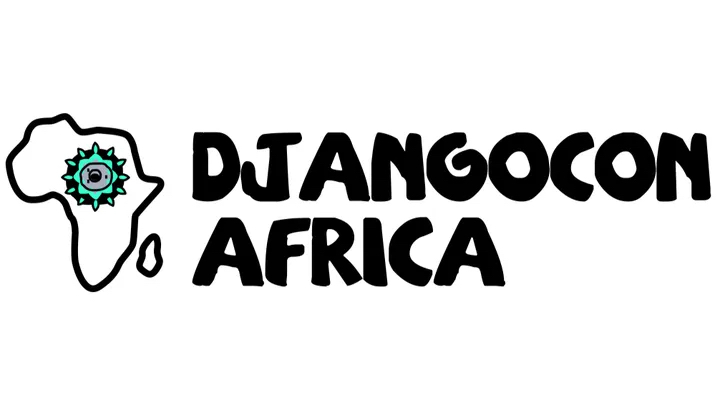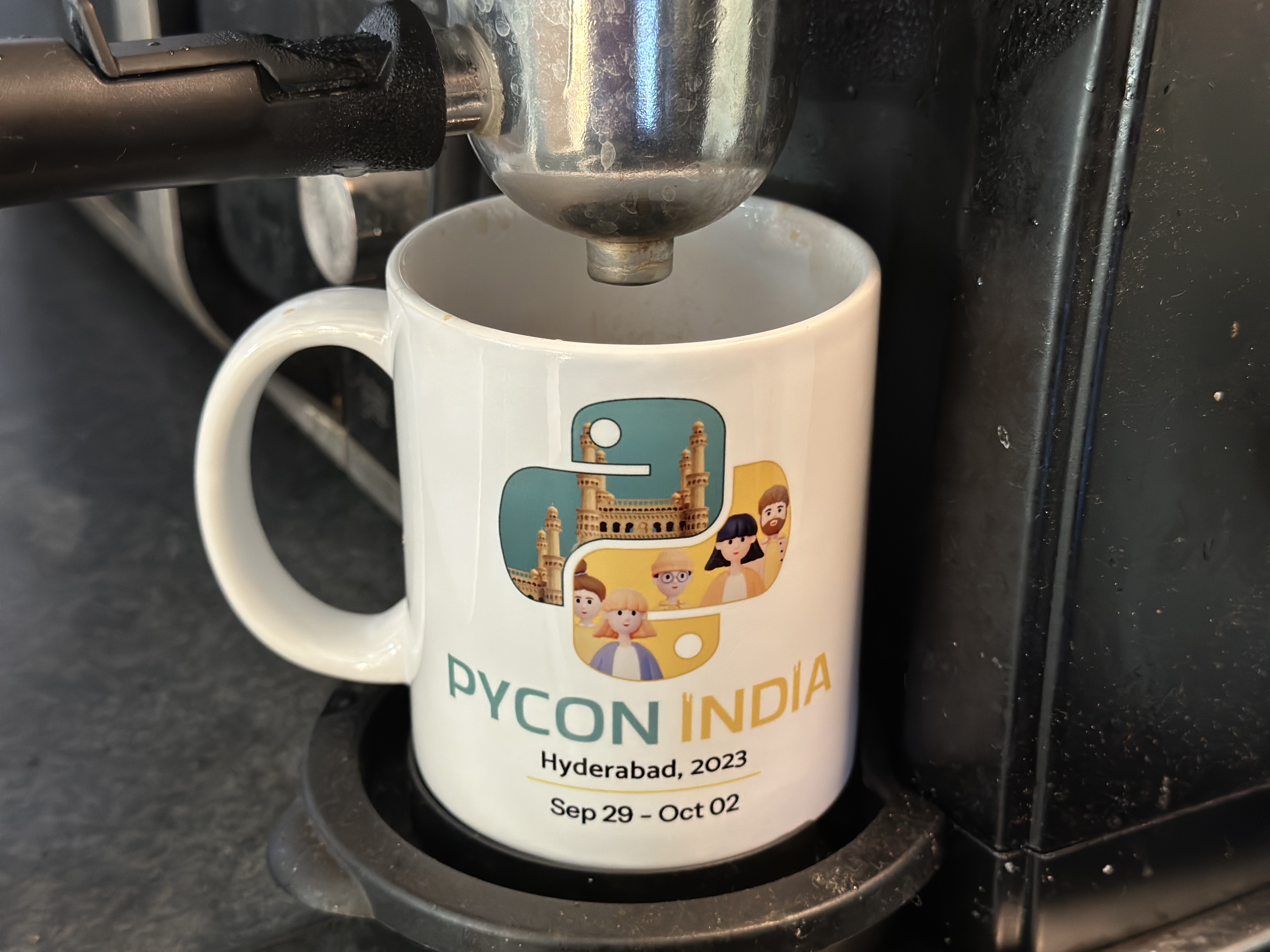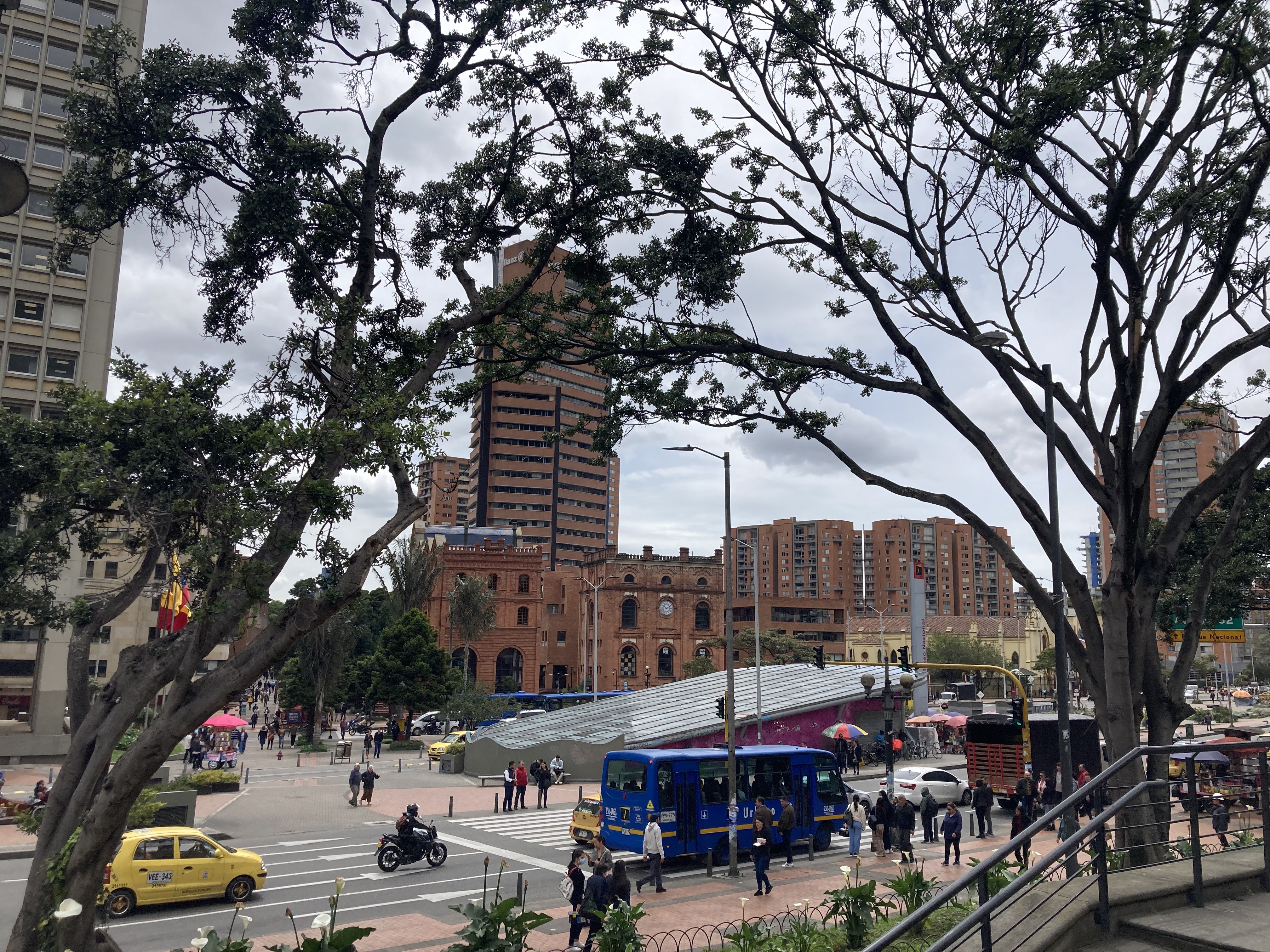EuroPython Online is still EuroPython
This year, due to COVID-19, all of the conferences since March was cancelled or went online. It hit quite hard on me cause I miss all my friends. We all live in different cities, countries or even continents and we only got a few times that we can meet and hang out during the conferences.
Last week, after organising and participating at EuroPython. I would say that, even though you cannot replace meeting physically at a venue with the community, the online experience is still very “EuroPython”.
EuroPython and me
The first EuroPython that I attended was 2018. It was in Edinburgh, UK and I was a relatively new speaker. I was planning to travel with a friend but she had an accident before the conference and was not able to attend. I didn’t know anyone there at the beginning. But things changed fast. I remember I met some of my best friends in the community there for the first time. The community was so welcoming and I was quickly recognised due to my active involvement in volunteering work. (Also thanks to my lightning talk which I statically complaining about Window 7, I think what happened after this talk is a great pub story 🍻).
Next year, it was in Basil, Switzerland. This time I travel with 3 more speakers form London (we are all ladies, we rocks). It makes the experience so difference. We share rooms and we often do things together. I was invited to be one of the organisers so I am more involved in the preparation and volunteering work (so I drag my roommates into volunteering as well). The most incredible volunteer task is to put stickers on all the batteries 🔋 that we gave out (with the amazing PewPew device) as souvenirs. It was like working in a factory in the 80s but all workers there are nerds (we tell nerd jokes while we work) and didn’t get paid. It was lots of fun. I also made new friends, have lots of giggles and I am happy to see my roommates who were new to EuroPython enjoy it too!
Then this year, it was scheduled to be in Dublin, Ireland, but we went online. I was involved more in the organisation as the team shrinks and each of us needs to take more tasks on our shoulder. I was a bit sceptical whether the online conference will turn out okay.
What do I like about #EuroPython 2020 most? The @EuroPython organising team, the sprint with @TerminusDB , the Mate workshop by @gilgamezh 😄 pic.twitter.com/cMHzwl82tt
— Cheuk Ting Ho (@cheukting_ho) July 26, 2020
EuroPython online is still EuroPython
When the conference started, actually I started to realise that, though the format and the tasks have changed, the split of EuroPython has not changed. The organising team is so good at facing many challenges (including the first keynote speaker missed her slot because of the timezone confusion). People are genuinely nice and going very easy on us about all the unexpected that happened. Attendees will help each other if someone is confused about where to find the talk. The organising team just work perfectly together, covering each other if someone needs help.
Then it comes to the sprint. Oh boy, that was unexpected how engaging people are, despite that the sprint is carried out online. It is the first time I am a project leader in a sprint and I was not expecting people will be interested in our project and made so many valuable contributions. I feel the love 💕 form the community. What’s better is that my colleague who was new to this was impressed by our Python community. I am so proud of being a Pythonista!
For what I miss the most, the possibility of making new friends and get to know people around the world and understanding their culture. It is still there! One of the organisers from Argentina shows us how to prepare a must-have in their local sprint - a caffeinated drink called Mate (I thought it’s a cocktail🍹). It is not just a drink but there’s so much culture behind it and wow my eyes were opened.
And that is EuroPython 2020, it’s online but it’s still the EuroPython that we know and love.



